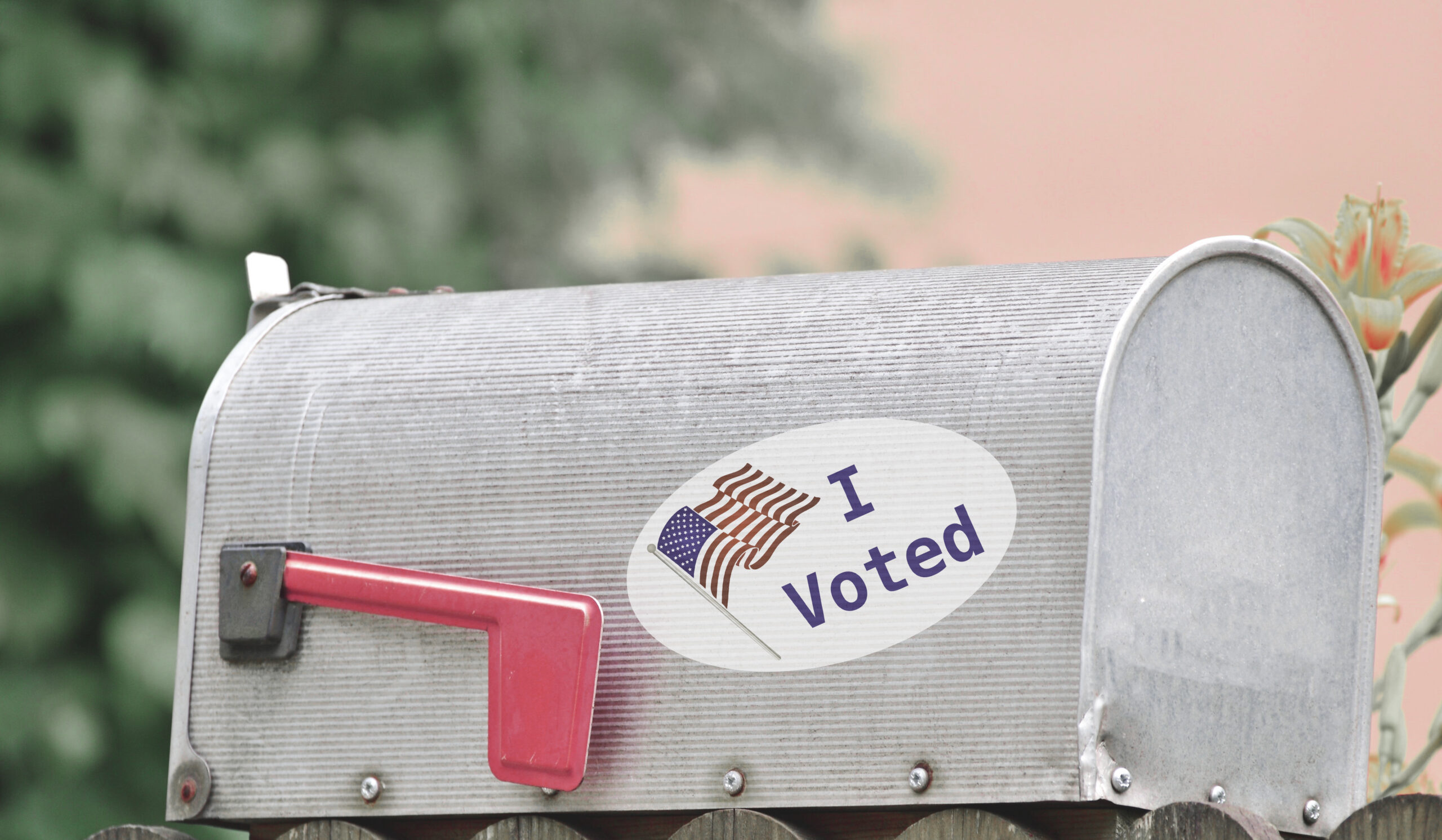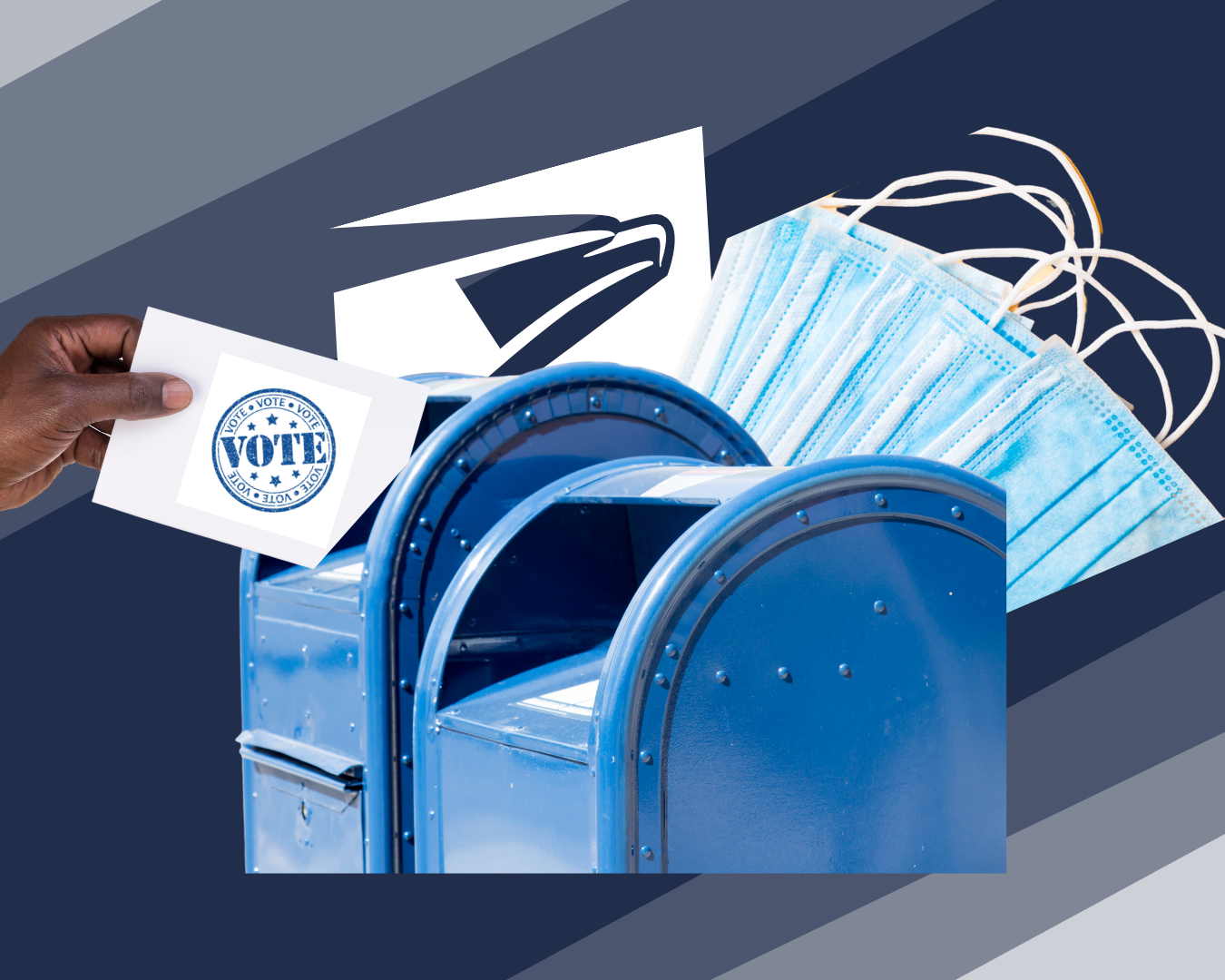
Political Interference at the U.S. Postal Service
As the coronavirus forced more Americans to rely on absentee voting to participate in our democracy, Trump's attacks on USPS represented a danger both to mail delivery and to voting rights.

EN ESPAÑOL
In 2018, the president’s public criticism of the U.S. Postal Service raised serious concerns about potential attempts by the Trump administration to privatize the centuries-old agency and sell off a critical piece of the nation’s infrastructure. And the threat of political and industry interference in the operations of the post office has only increased as the nation battles a deadly pandemic that forced many Americans to rely more than ever on USPS, whether for delivery of medication or the timely return of absentee ballots.
In the spring of 2020, Trump threatened to veto a coronavirus relief bill if it contained money for the financially struggling USPS and directed then-Treasury Secretary Steven Mnuchin to withhold the $10 billion loan approved by Congress, leading to months of protracted negotiations over the terms of the loan. Meanwhile, as primary elections took place across the country, Trump and his allies began making alarmist and unfounded claims about the dangers of voter fraud from increased use of absentee voting.
The appointment of a new postmaster general, Louis DeJoy, brought about a number of worrying changes. Before taking on the role, DeJoy was a major Trump donor who was the head of the warehouse and distribution company New Breed Logistics, a firm with a troubling history of anti-union practices and workplace violations. Under DeJoy, USPS began slashing post office hours at locations across the country. The new postmaster also announced plans to eliminate overtime for workers, and directed them to leave mail at distribution centers if it would delay letter carriers getting to their routes.
By mid-summer, Americans already had started noticing significant delays in the delivery of their mail. With the 2020 election just months away — and along with it an expected huge increase in voting by mail — voting-rights advocates raised the alarm about whether all voters would be able to safely cast their ballots. American Oversight investigated how the pandemic impacted USPS, and whether and to what extent the Trump White House interfered in the agency’s operations or undermined trust in absentee voting — either on behalf of private industry or to benefit the president’s reelection chances.








